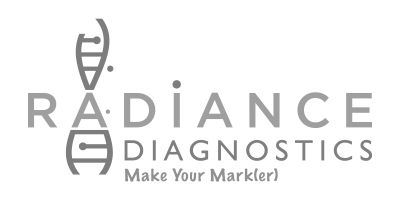Description
Fibrinogen blood test
Fibrinogen is a protein produced by the liver. This protein helps stop bleeding by helping blood clots to form. A blood test can be done to tell how much fibrinogen you have in the blood.
How the Test is Performed
A sample of blood is needed.
How to Prepare for the Test
No special preparation is needed.
How the Test will Feel
When the needle is inserted to draw blood, some people feel moderate pain. Others feel only a prick or stinging. Afterward, there may be some throbbing or slight bruising. This soon goes away.
Why the Test is Performed
Your healthcare provider may order this test if you have problems with blood clotting, such as excessive bleeding.
Normal Results
The normal range is 200 to 400 mg/dL (2.0 to 4.0 g/L).
Normal value ranges may vary slightly among different laboratories. Some labs use different measurements or may test different specimens. Talk to your provider about the meaning of your specific test results.
What Abnormal Results Mean
Abnormal results may be due to:
- The body using up too much fibrinogen, such as in disseminated intravascular coagulation (DIC)
- Fibrinogen deficiency (from birth, or acquired after birth)
- Breakdown of fibrin (fibrinolysis)
- Too much bleeding (hemorrhage)
The test may also be performed during pregnancy if the placenta separates from its attachment to the uterus wall (placenta abruption).
Risks
There is little risk involved with having your blood taken. Veins and arteries vary in size from one person to another, and from one side of the body to the other. Obtaining a blood sample from some people may be more difficult than from others.
Other risks associated with having blood drawn are slight, but may include:
- Excessive bleeding
- Fainting or feeling lightheaded
- Multiple punctures to locate veins
- Hematoma (blood accumulating under the skin)
- Infection (a slight risk any time the skin is broken)
This test is most often performed on people who have bleeding disorders. The risk for excessive bleeding is slightly greater in such people than it is for those who do not have bleeding problems.
Alternative Names
Serum fibrinogen; Plasma fibrinogen; Factor I; Hypofibrinogenemia test
Source: MedlinePlus, National Library of Medicine
MedlinePlus brings together authoritative health information from the National Library of Medicine (NLM), the National Institutes of Health (NIH), and other government agencies and health-related organizations


